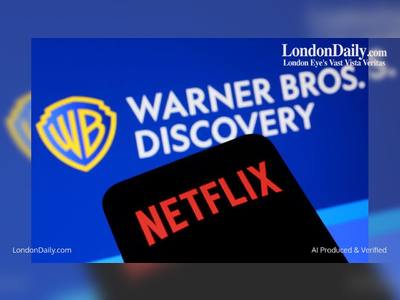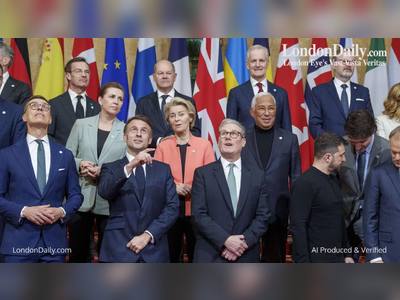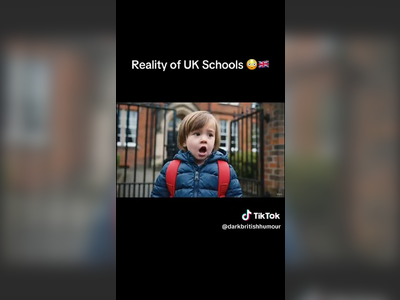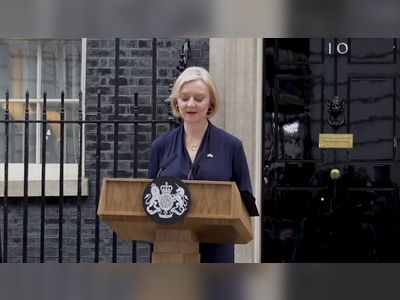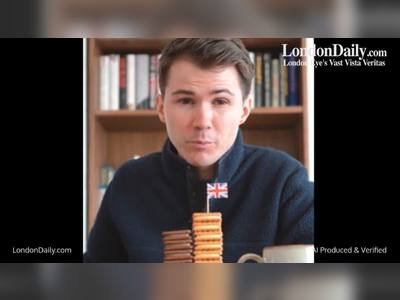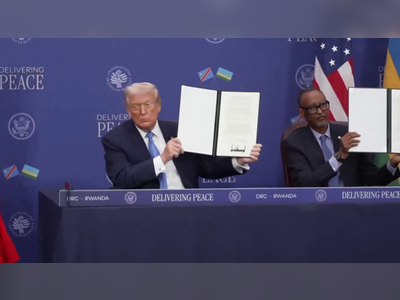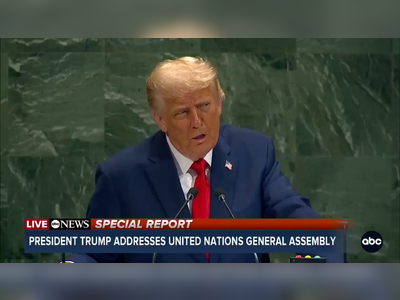TikTok Awards UK & Ireland 2025 Celebrates Top Creators Including Max Klymenko as Creator of the Year
The platform honours twelve standout TikTokers across categories such as Food, Sports and Rising Star in a high-energy London ceremony
The 2025 TikTok Awards UK & Ireland, held in London on 13 November, spotlighted the platform’s most influential creators with high-impact recognition and live performances.
The awards, backed by headline partner Sky, celebrated digital talent spanning food, fashion, sports, education and social change, with fans involved via in-app voting and a carnival-style red carpet.
Max Klymenko was named Creator of the Year after building a global audience with his signature “career ladder” series.
He thanked his Ukrainian grandmother and teased a world tour in 2026. Other winners included Nikki Lilly for Fashion & Beauty Creator of the Year and Foody Fella for Food Creator of the Year, illustrating the broad sweep of genres that now thrive on the app.
In the Rising Star category, Joy Anokwuru—who joined the awards one year after leaving her job—won recognition, telling the audience: “I feel like the smallest content creator here so this means everything.” Meanwhile, Tola and Kevin Andu captured the Voice for Change award for content promoting neuro-diversity awareness, with Kevin’s mother moved to tears on the red carpet.
The evening also featured an energetic performance by Rizzle Kicks and a red carpet that organisers said had more than doubled in length versus last year—an indicator of how deeply TikTok culture is embedded in UK & Ireland creator commerce.
By showcasing emerging voices alongside established influencers, the ceremony underscored the platform’s role as a launch pad for creative careers and brand partnerships.
As the TikTok ecosystem grows, the Awards signal the mainstreaming of short-form creators into broader entertainment recognition.
For the first time the UK & Ireland edition has solidified its place on the awards calendar, reinforcing the message: social media creators are no longer fringe voices—they are central to global media culture and consumer engagement.
The awards, backed by headline partner Sky, celebrated digital talent spanning food, fashion, sports, education and social change, with fans involved via in-app voting and a carnival-style red carpet.
Max Klymenko was named Creator of the Year after building a global audience with his signature “career ladder” series.
He thanked his Ukrainian grandmother and teased a world tour in 2026. Other winners included Nikki Lilly for Fashion & Beauty Creator of the Year and Foody Fella for Food Creator of the Year, illustrating the broad sweep of genres that now thrive on the app.
In the Rising Star category, Joy Anokwuru—who joined the awards one year after leaving her job—won recognition, telling the audience: “I feel like the smallest content creator here so this means everything.” Meanwhile, Tola and Kevin Andu captured the Voice for Change award for content promoting neuro-diversity awareness, with Kevin’s mother moved to tears on the red carpet.
The evening also featured an energetic performance by Rizzle Kicks and a red carpet that organisers said had more than doubled in length versus last year—an indicator of how deeply TikTok culture is embedded in UK & Ireland creator commerce.
By showcasing emerging voices alongside established influencers, the ceremony underscored the platform’s role as a launch pad for creative careers and brand partnerships.
As the TikTok ecosystem grows, the Awards signal the mainstreaming of short-form creators into broader entertainment recognition.
For the first time the UK & Ireland edition has solidified its place on the awards calendar, reinforcing the message: social media creators are no longer fringe voices—they are central to global media culture and consumer engagement.

